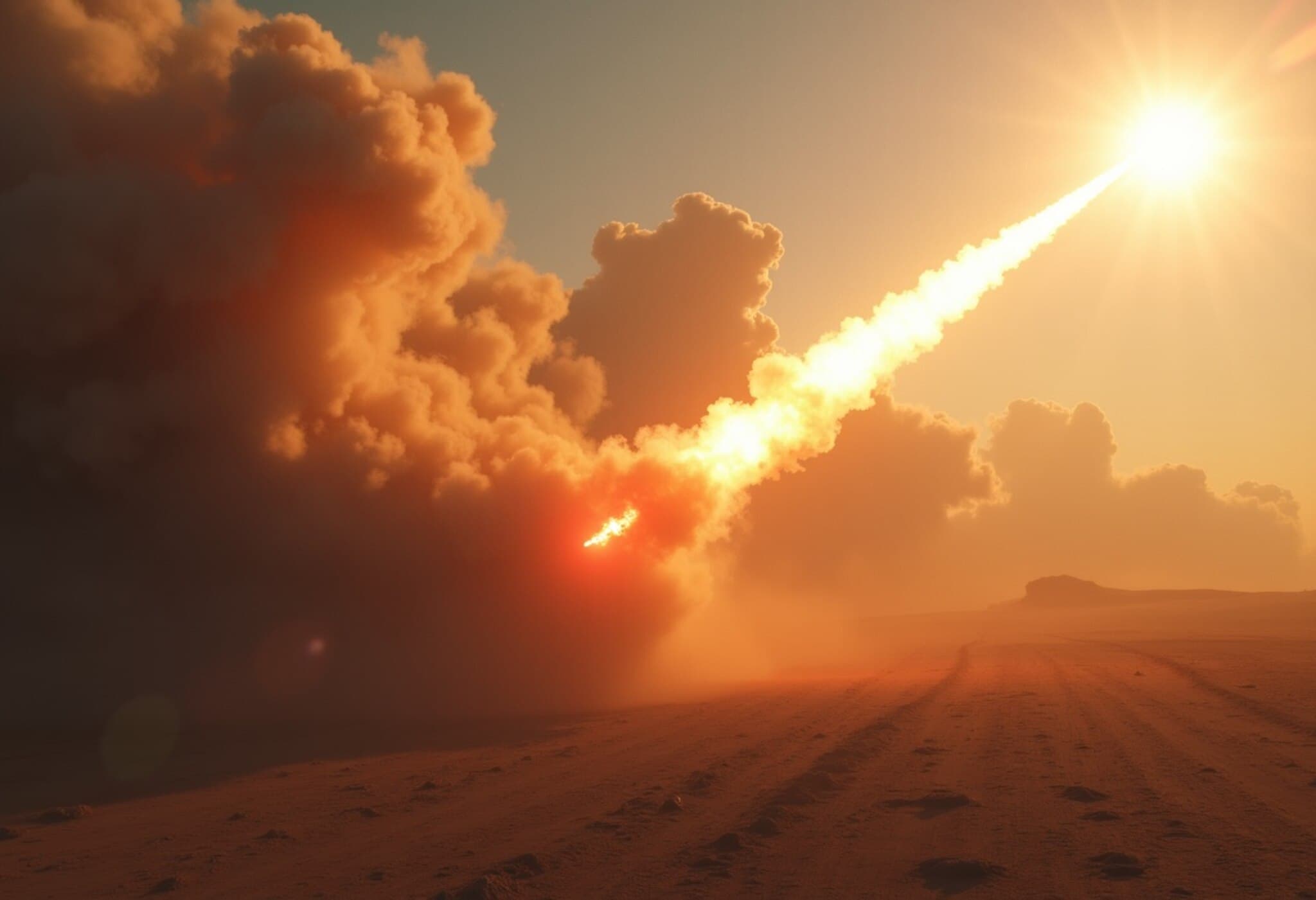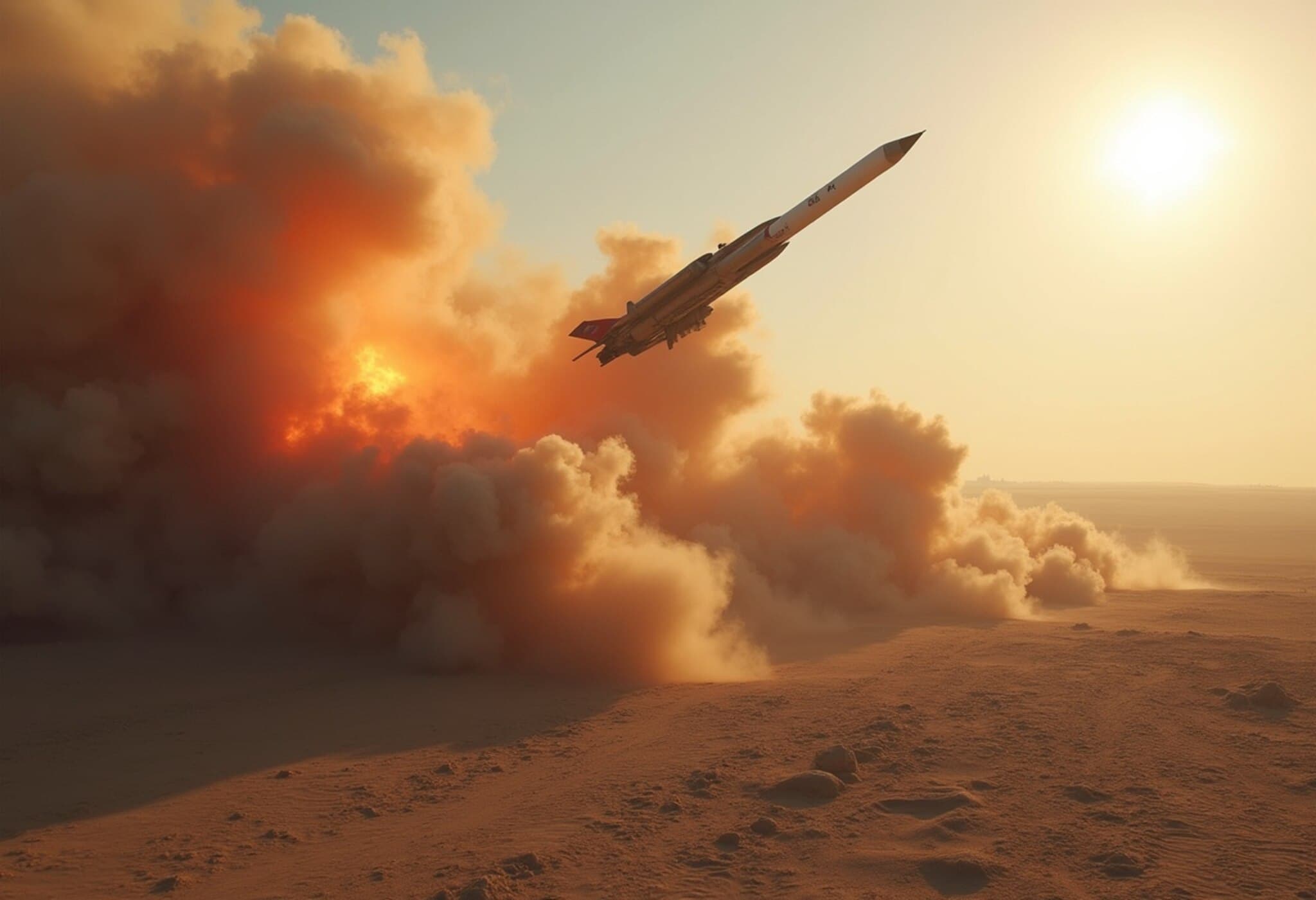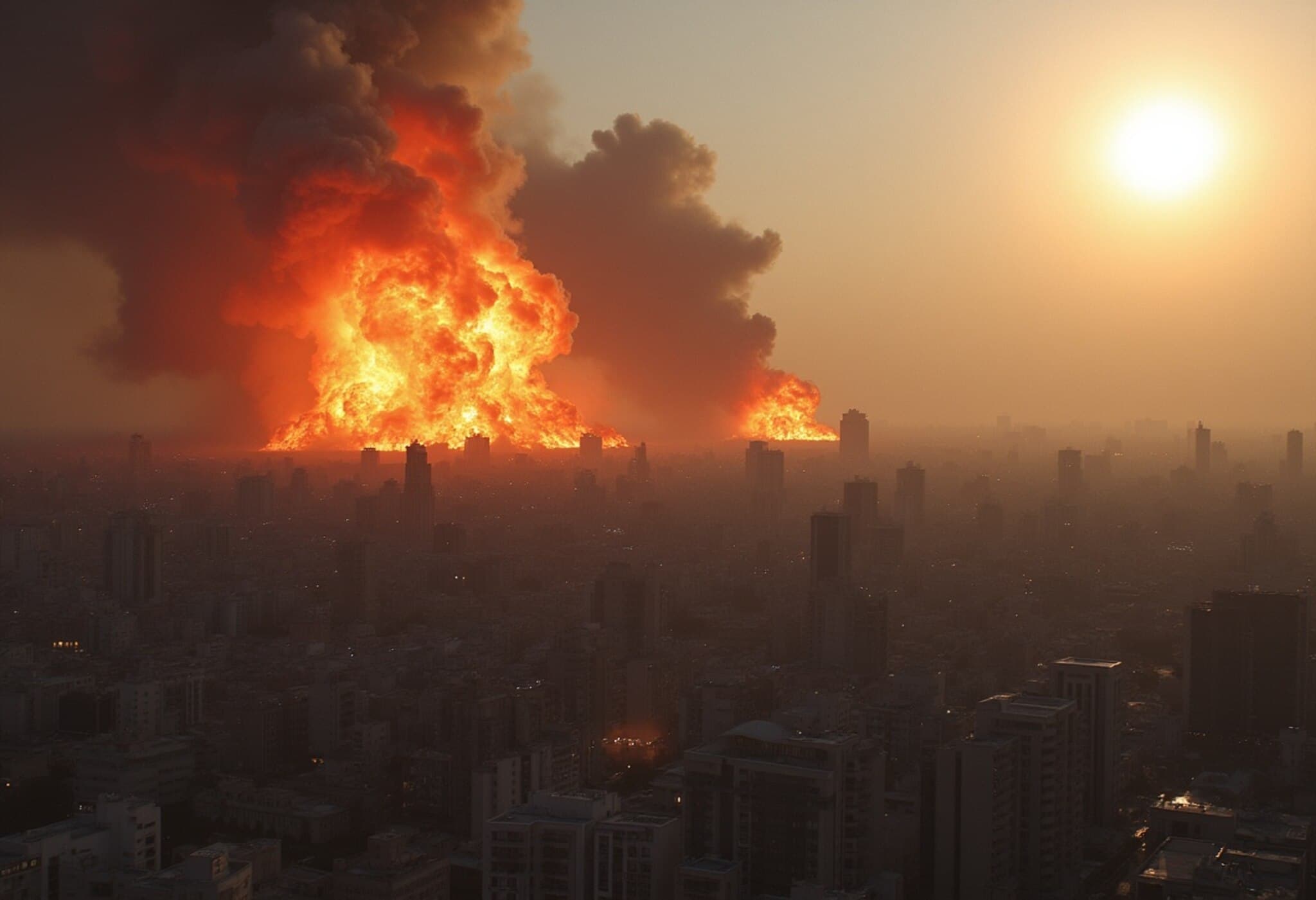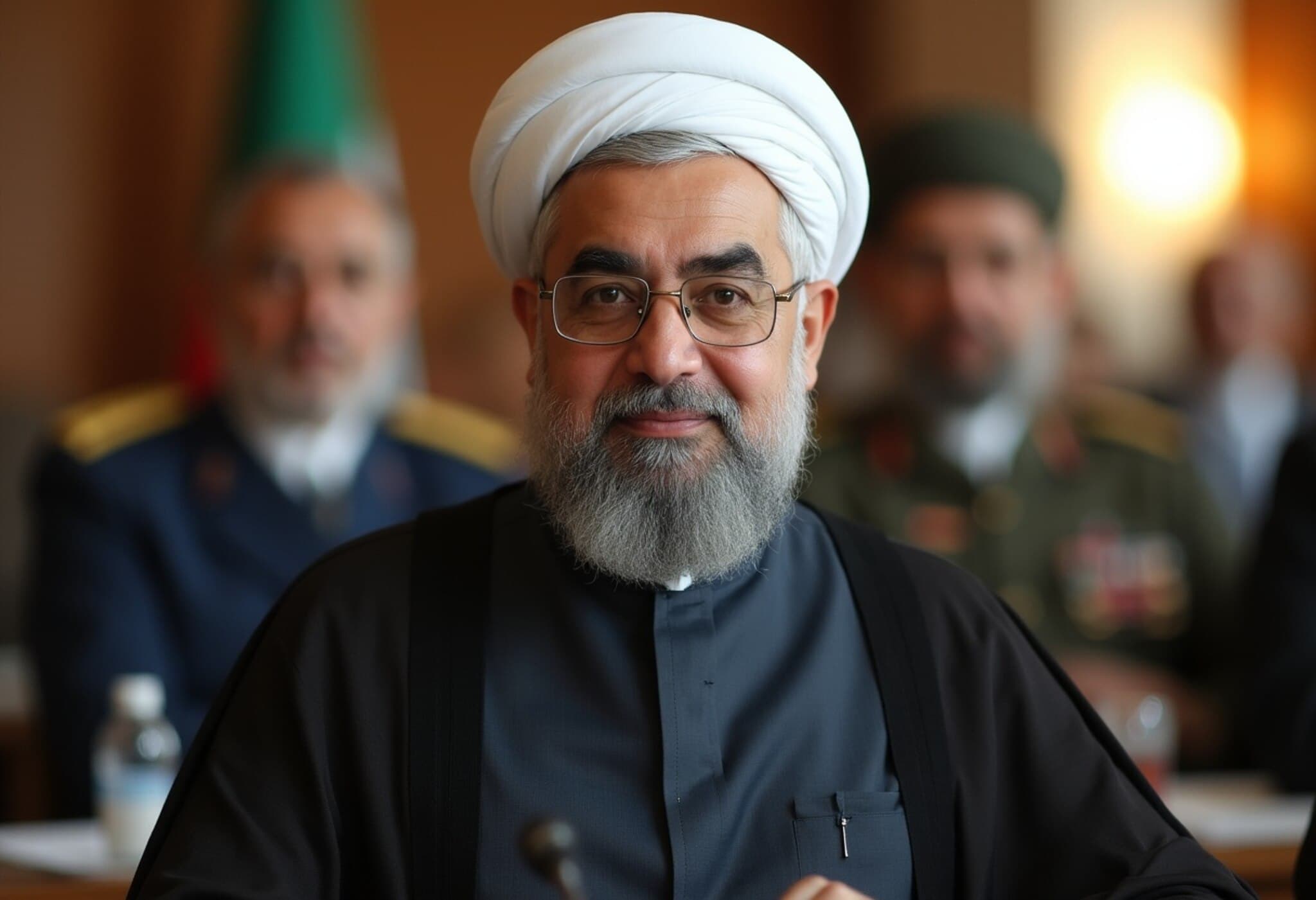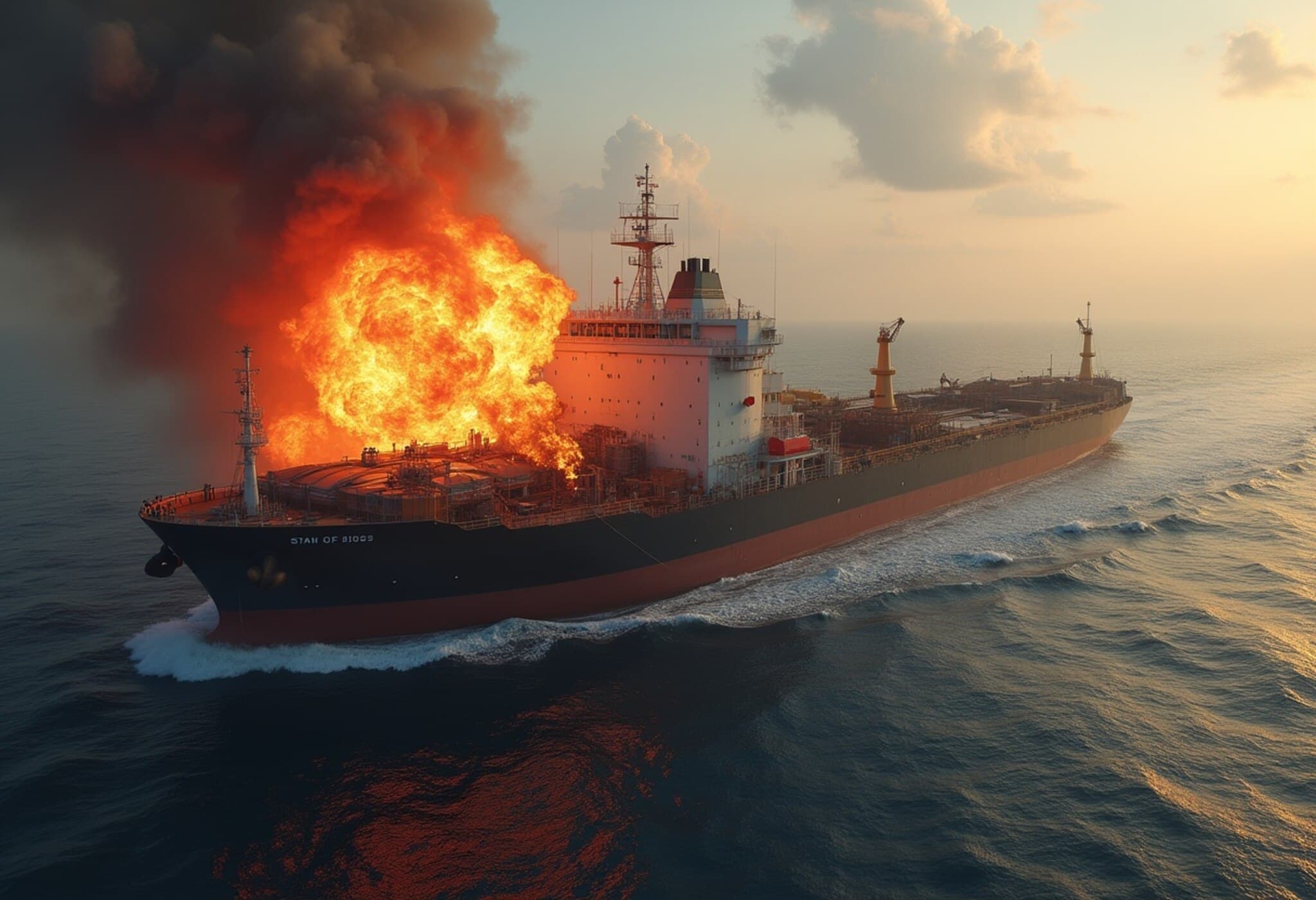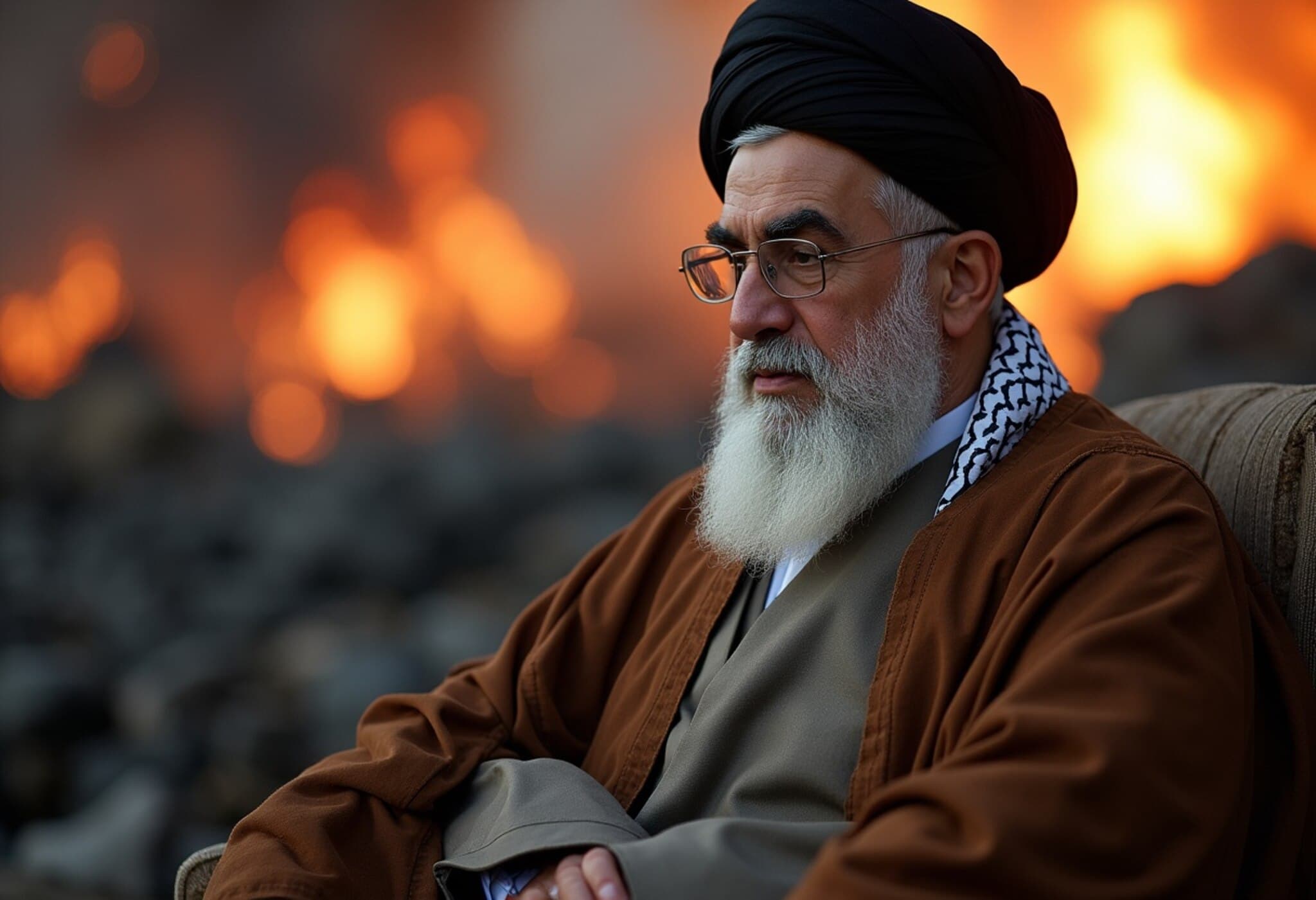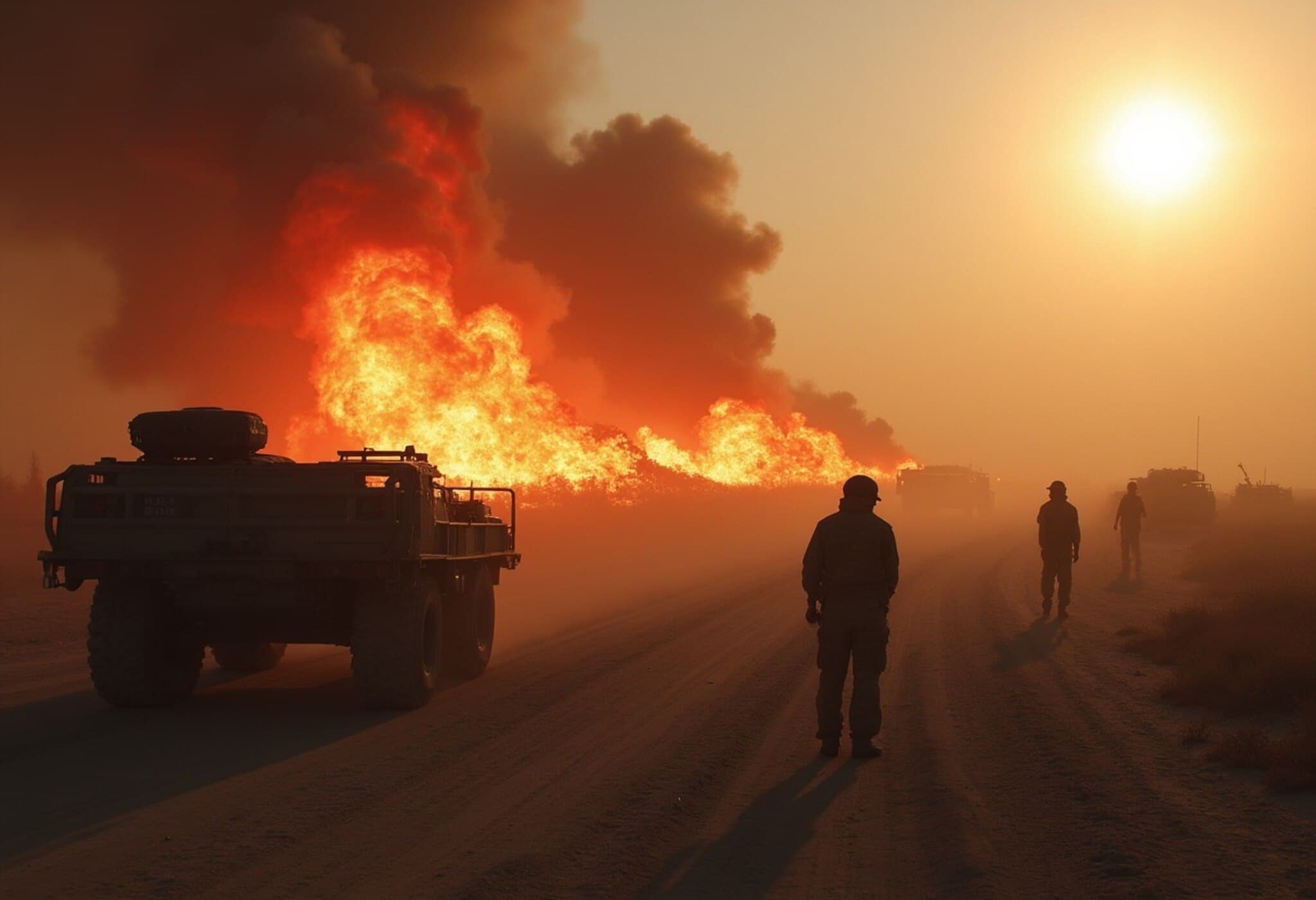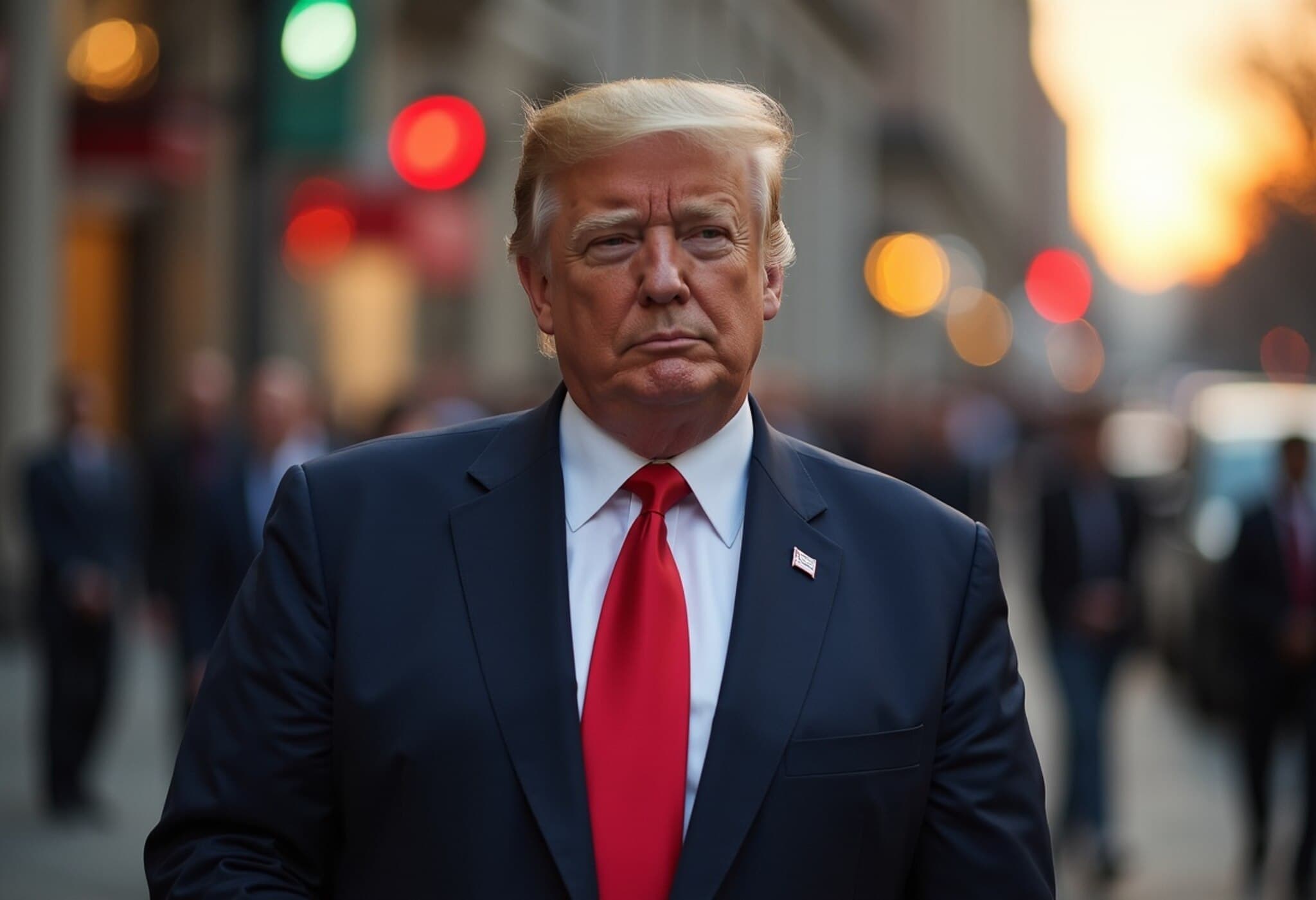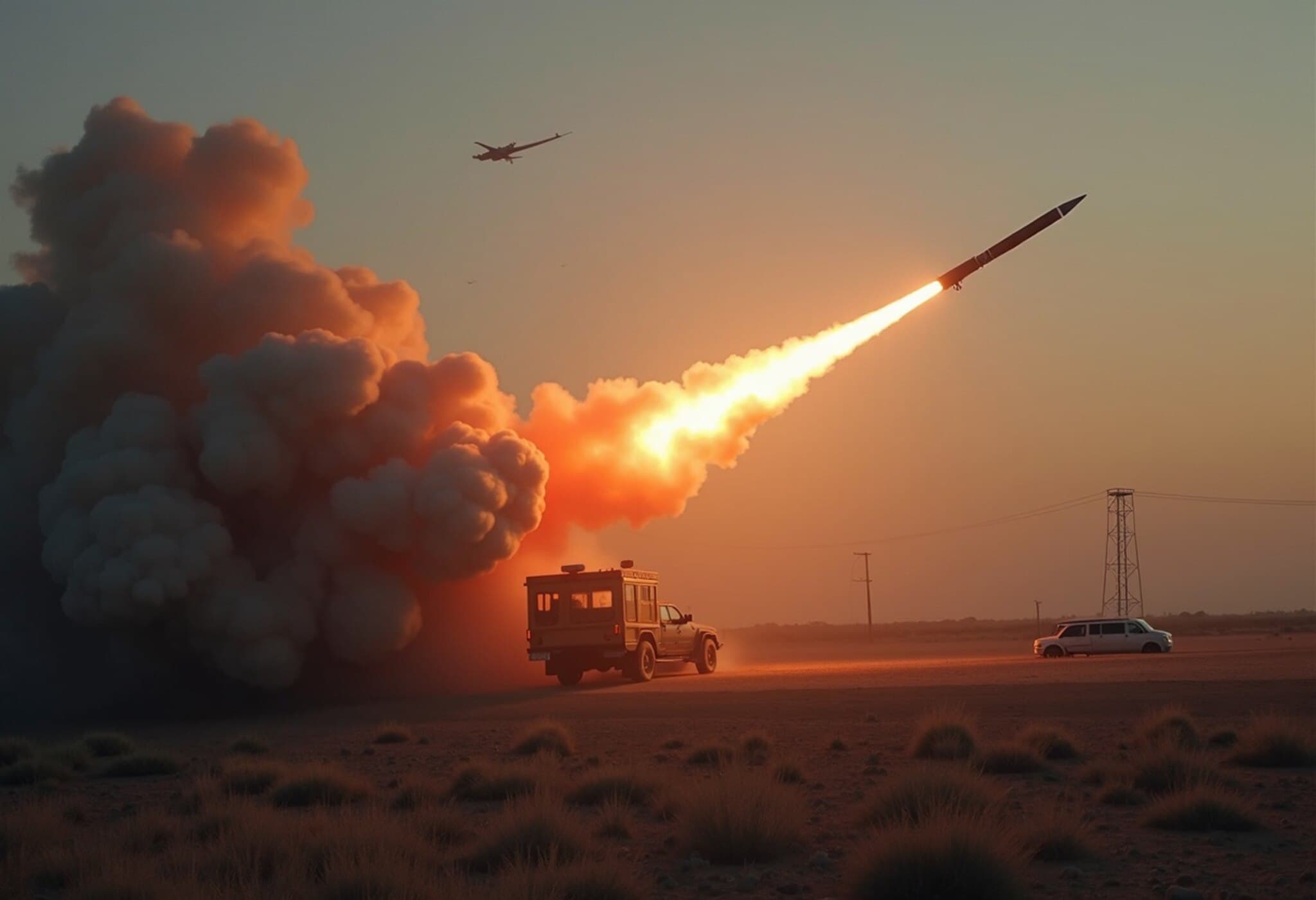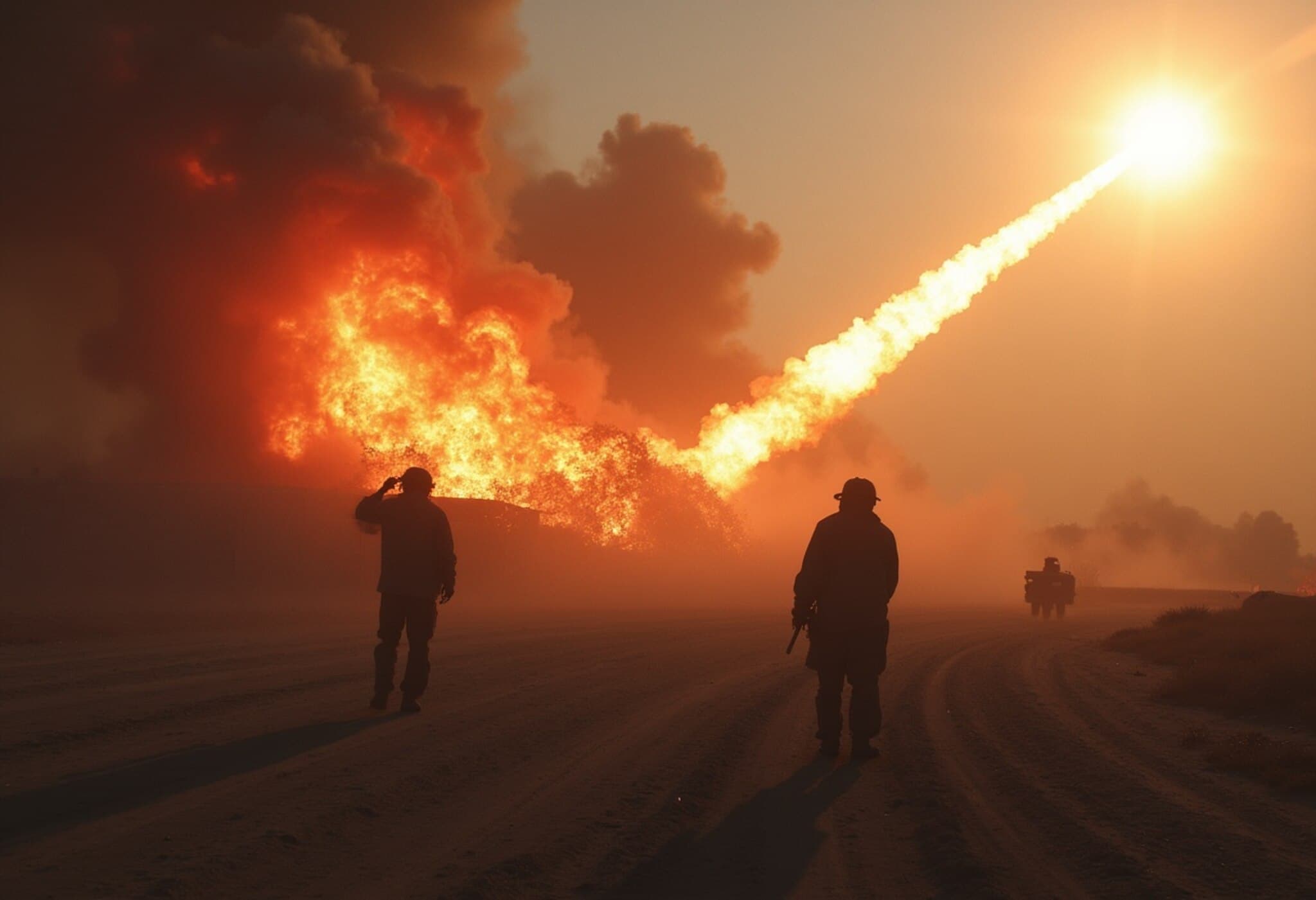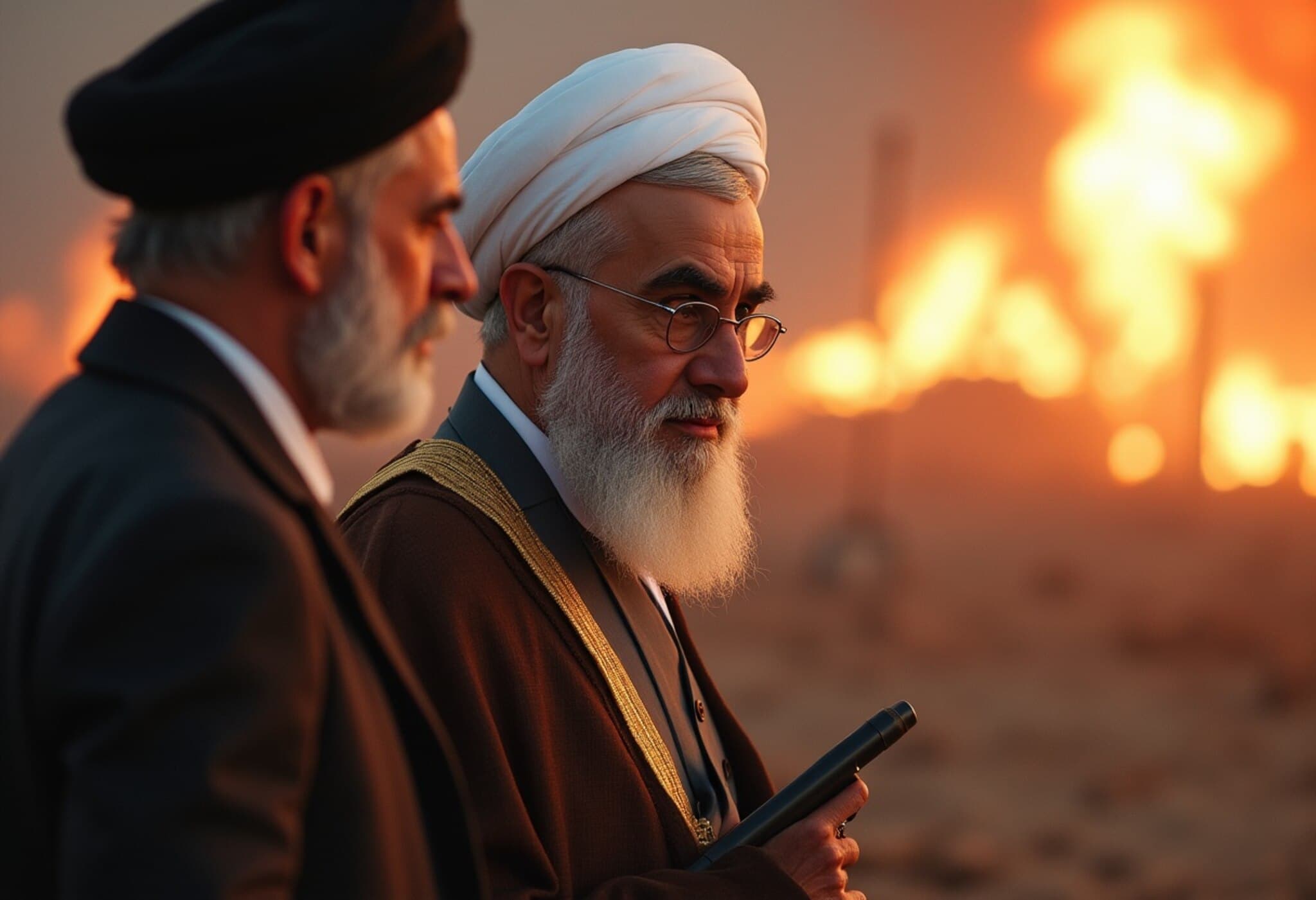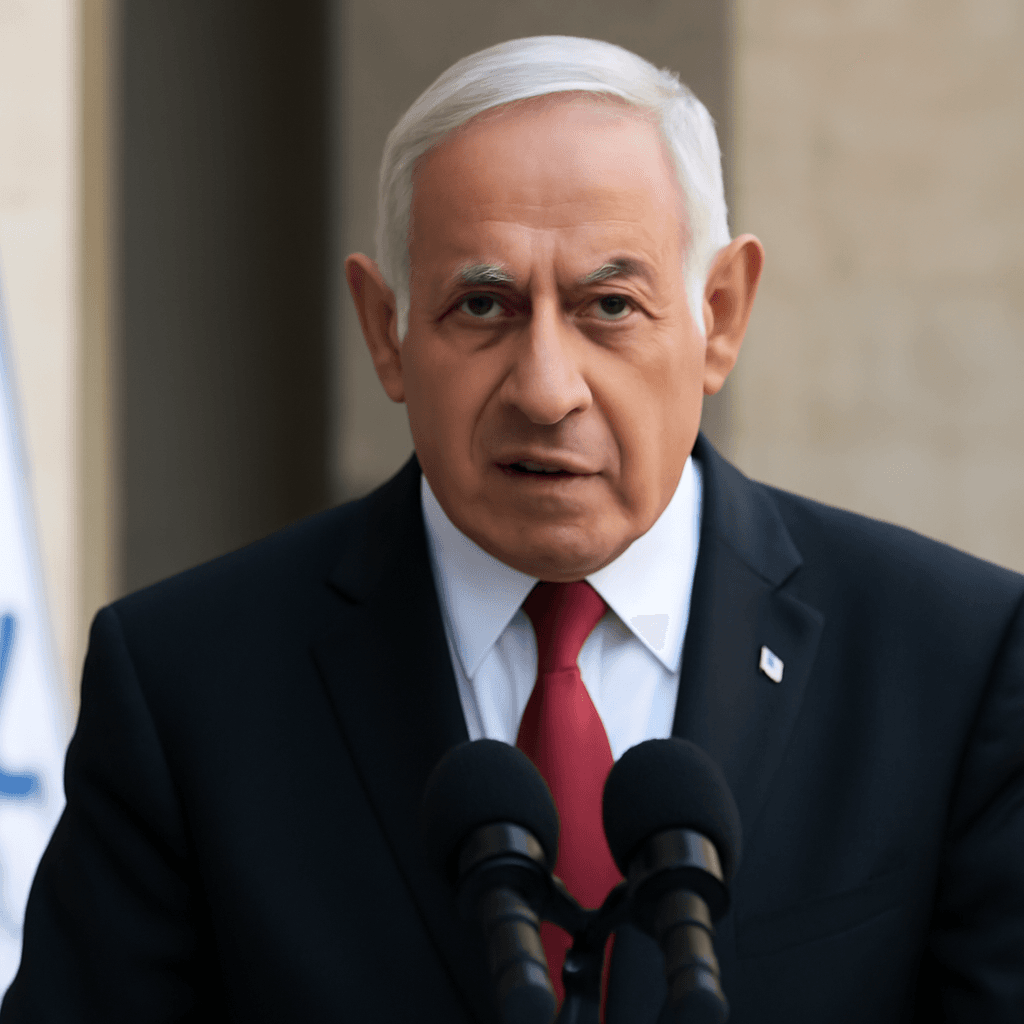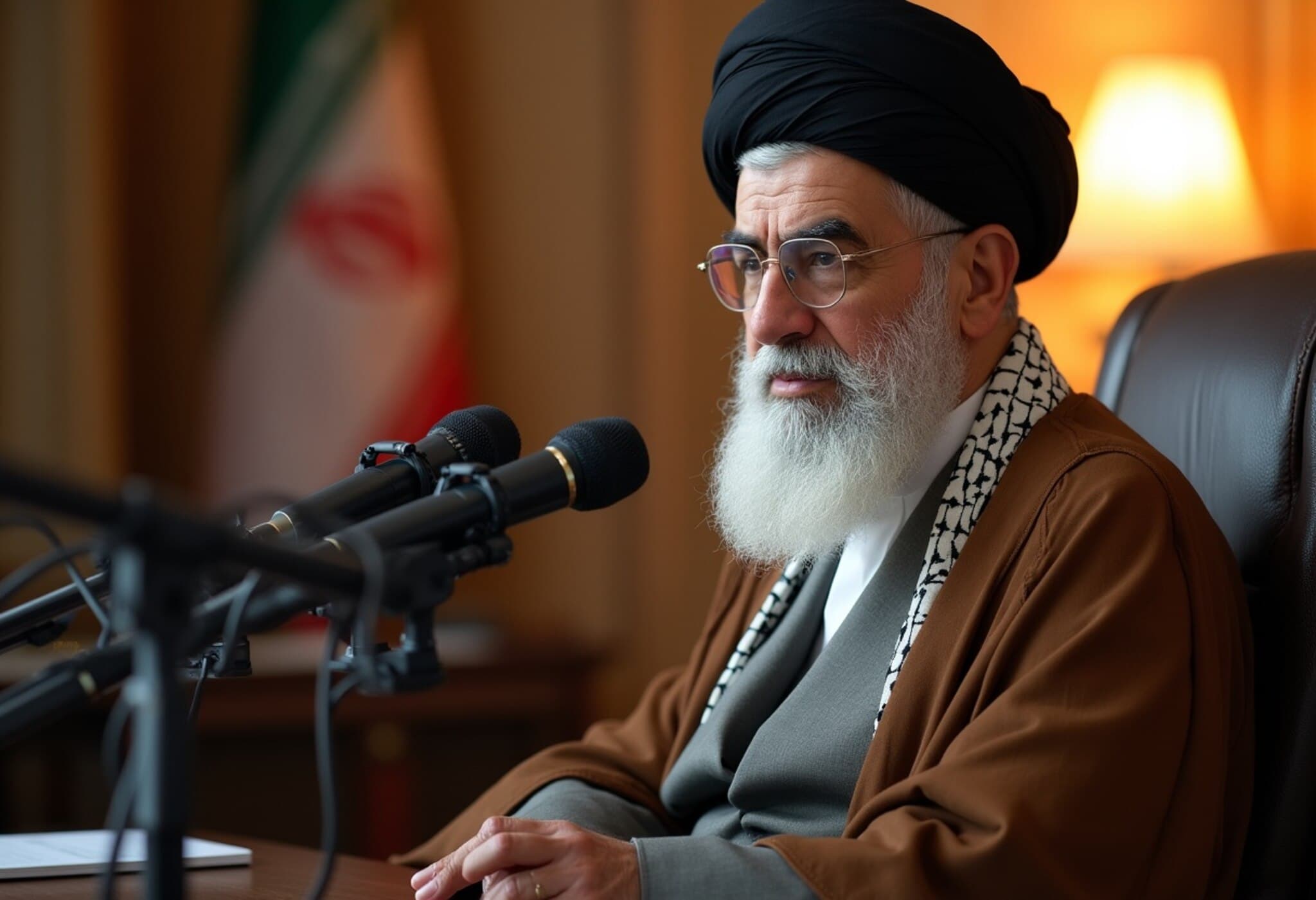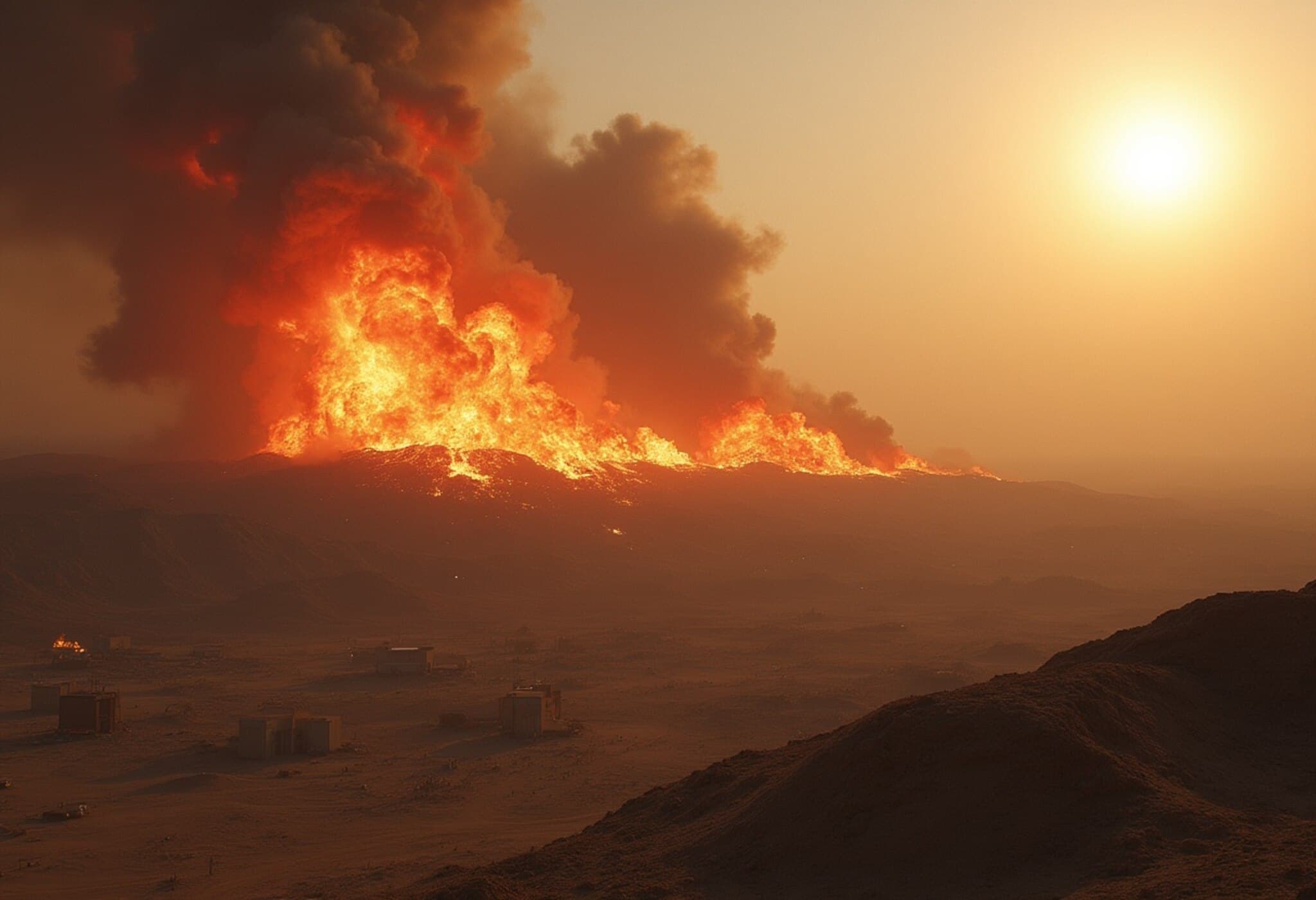Escalation in Iran-Israel Conflict: Hypersonic Missile Launches and Stark Warnings
As tensions soar between Iran and Israel, Tehran has confirmed the deployment of advanced hypersonic missiles targeting Israeli territories. This marks a significant escalation in hostilities, stretching the conflict into its sixth consecutive day. Amidst this rising turmoil, former President Donald Trump has issued a sharply worded warning directed at Iran’s Supreme Leader, Ayatollah Ali Khamenei, signaling a complex and volatile situation unfolding in the Middle East.
Tehran Deploys Hypersonic Fattah1 Missiles
Iran’s Revolutionary Guard Corps recently announced the launch of hypersonic Fattah1 missiles during what it describes as the "11th wave" of its ongoing Operation Honest Promise 3. The missiles, capable of reaching speeds exceeding Mach 5, are designed to evade missile defense systems thanks to their maneuverable reentry vehicles. According to the IRGC, this operation has granted them "complete control over the skies of the occupied territories," underscoring the heightened severity of their offensive actions.
Trump’s Warning: Knowledge of Khamenei’s Whereabouts
Turning up the heat, Donald Trump asserted that US intelligence knows the exact location of Ayatollah Khamenei. Though emphasizing restraint, Trump warned that Khamenei is an easy target, underscoring America’s mounting impatience with Iran. The former president openly called for Iran’s "unconditional surrender," reflecting a hardening US stance while simultaneously rejecting calls for immediate assassination attempts due to fears of destabilizing the region further.
Ayatollah Khamenei Responds with Defiance
In a forceful rebuttal, Ayatollah Khamenei vowed to show "no mercy" to the "terrorist Zionist regime," signaling a readiness to escalate the conflict. His declaration on social media emphasized Tehran’s determination to retaliate strongly, intensifying the confrontational rhetoric and indicating that the crisis may endure longer than many expect.
Rejected Israeli Proposal to Target Khamenei
Reports suggest that Israel had proposed a covert operation to assassinate Ayatollah Khamenei early in the conflict, but the Trump administration declined, fearing the move could ignite widespread regional instability. Despite Israel’s belief in the feasibility of such an operation, American officials prioritized caution to avoid a deeper, uncontrollable crisis.
Israeli Strikes Hit Strategic Missile Facility Near Tehran
Israel continues its campaign to curb Iran’s ballistic missile capabilities, recently targeting the Khojir missile production complex near Tehran. This facility, critical to Iran’s missile program, has faced previous attacks and remains a key point of contention. In response, Iran has launched retaliatory strikes, some breaching Israeli defenses and causing casualties.
Diplomatic Channels Hover on the Edge
Despite the escalating conflict, diplomatic efforts have not been entirely abandoned. Trump hinted that Vice President JD Vance and special envoy Steve Witkoff might engage in talks with Iran, but these prospects seem fragile as tone and actions on both sides grow increasingly hostile.
IAEA Confirms No Evidence of Iran Pursuing Nuclear Weapons
The International Atomic Energy Agency’s Director-General Rafael Grossi has stated there is no proof of a systematic Iranian effort to develop nuclear weapons. This assessment, shared by Iran's diplomatic representatives, contrasts sharply with intelligence reports suggesting rapid progress in Iran’s nuclear designs, which some experts believe could bring the country close to bomb capability within weeks.
Contradictory US Assessments on Iran’s Nuclear Ambitions
National Intelligence Director Tulsi Gabbard testified earlier that Iran was not actively pursuing a nuclear weapon, yet President Trump has publicly dismissed this view, asserting Iran’s closeness to developing a bomb. This divergence highlights the complexities within US intelligence and political circles, even as allied Israel warns of imminent nuclear threats posed by Iran.
Calls Rise for Use of Bunker-Busting Munitions
Israel has refrained from attacking the deeply buried Fordo uranium enrichment facility, partly due to the lack of conventional weapons capable of penetrating such defenses. The 30,000-pound GBU-57 Massive Ordnance Penetrator, operated only by the US, remains the primary candidate to neutralize this site, prompting Israel to seek American support either through supply or direct strike involvement.
Divisions Grow Within US Support Base Over Iran Strategy
Within the core supporters of former President Trump, dissent is emerging regarding US engagement in the escalating Iran conflict. Media figures and political allies caution against deeper military entanglement, sparking online exchanges where Trump reinforces his unwavering stance on preventing Iran from acquiring nuclear weapons.

